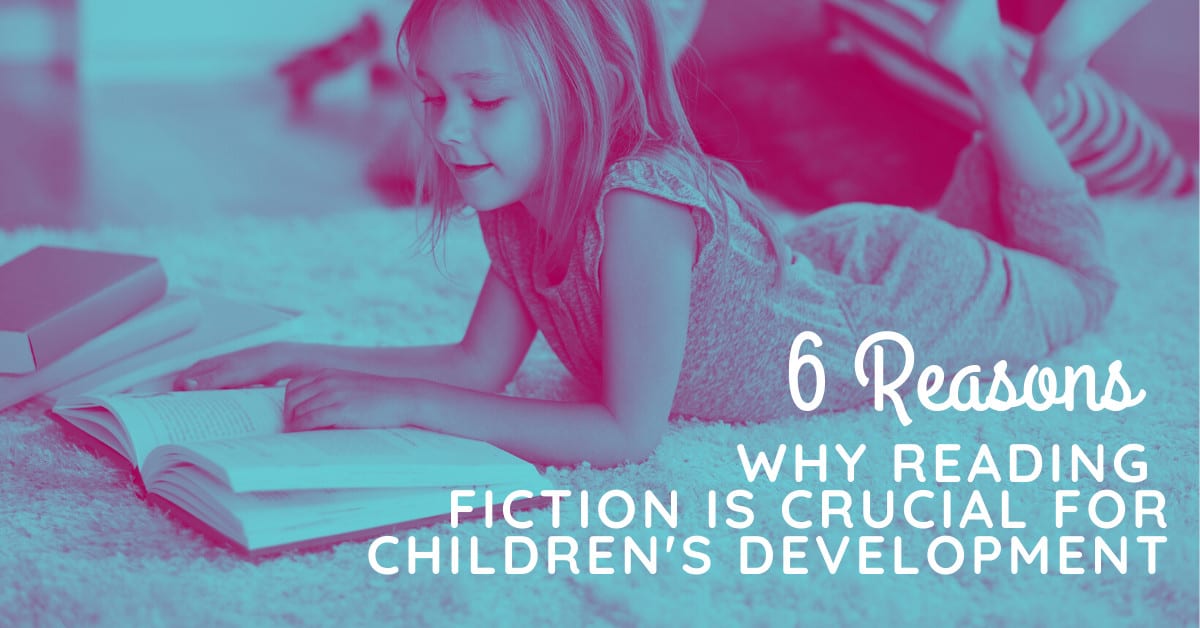
Obviously, the ability to read is vital for children’s academic progress since without it, they would not be able to understand their textbooks. Schools aim to have children master reading by about the age of seven albeit with a simple vocabulary. To aid that process, creators of schoolbooks match the vocabulary and language to the child’s age group. Yet many children see reading books as a chore because the only books most of them read are schoolbooks, and schoolbooks are rarely exciting, especially when reading them is compulsory. Seeing reading only as a chore turns many children off books for life unless a teacher or parent introduces them early on to exciting, non-academic reading material and encourages them to read it.
Parents help preschool children by reading simple stories to them, and later, with them. That’s a valuable way both to bond emotionally and to instill in the child an interest in books. Unfortunately, that parent/child reading partnership usually ends at the very time it is needed most – when the child starts school. The commitment needed to encourage non-academic reading in the child once they’ve started school is quite demanding for the parent, but it’s well worthwhile considering the rich rewards the love of reading delivers.
Here are six reasons to encourage a child to read:
- Reading to and with a young child builds a strong parent/child emotional bond.
- Reading helps develop a child’s language skills and vocabulary.
- Reading stories to young children broadens their horizons by introducing them to characters, concepts, and relationships beyond their everyday experiences. That broader worldview, encourages curiosity, and fosters communications skills and an inquiring mind.
- Children introduced to reading books at a young age usually continue doing so as they get older. As a result, they are less likely to be obsessed with the Internet, video games, and television. Too much time spent with these devices is proven to be detrimental to a child’s development.
- Children who read books regularly are known to have better concentration, memory retention, and analytical skills.
- Reading fiction helps ease the anxieties children commonly experience facing important events in their lives, whether it’s starting school, going on a first date, or approaching school tests. Though they may not show it, young people often feel alienated and different from their peers. Good fiction helps overcome those worries by introducing them to situations and characters they can relate to, who have similar anxieties and who find ways to deal with them.
Parents and teachers have always had difficulties convincing some children to read books. Before the Internet, the biggest competitor to reading was television. Now, as well as television, books must compete with a plethora of electronic devices like computers, tablets, smartphones, and game consoles. The Internet is indispensable especially for fact finding, fact checking, and keeping in touch. It can also, however, be a time-wasting addiction, especially for a young person.
Books, especially novels, provide a beneficial distraction from the stresses of daily life by transporting readers to wholly different worlds – that is, perhaps, their greatest value. Whether children read printed books or electronic versions on devices like a tablet, computer, or smartphone, books rarely fail to deliver their value.
Suggestions from Amazon.com:

